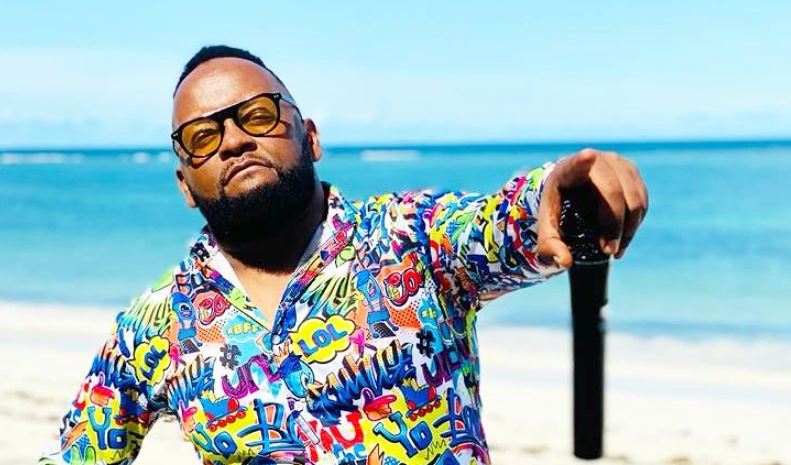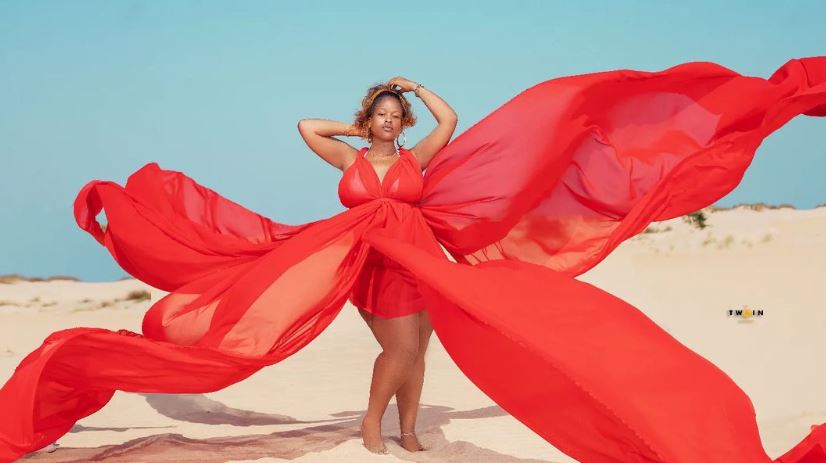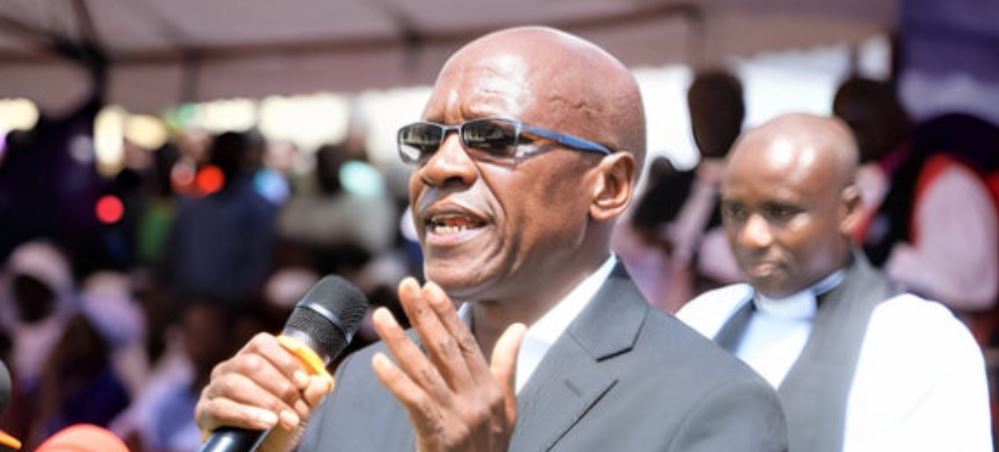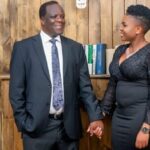 Dr Mbuvi is an entertainer, evangelist, lecturer, and motivational speaker. He spoke to the Nairobian about his new amapiano style of music and more.
Dr Mbuvi is an entertainer, evangelist, lecturer, and motivational speaker. He spoke to the Nairobian about his new amapiano style of music and more.
Who is Dr Mbuvi?
I am a born-again Kenyan from Ukambani who loves sports and is equipped with an outgoing, vivacious personality.
You went underground for a while then you came back with a new style, Amapiano, why this new style?
Amapiano is the new African trend, and if so many others are doing it, why should we be left behind? For your information, the practice began in South Africa, but it has since spread to many other countries, like Nigeria and Tanzania, which are considered as not sacrificing their songs. It’s always a good idea for a musician to follow the crowd. This explains why I needed to translate it. My style, though, remains consistent.
Take us back to the beginning of your musical career.
I’ve always had a passion for singing and have adored music since I was a child. I was an active member of the praise and worship team at Parklands Baptist Church. With time, I worked my way into a music band called Shama Music Group at the same church, which aided my musical career. Here, I formed relationships and acquaintances with people like Phillip, Suzzy, and Lucy, among others. I thank God since it was through this group that I met and married my wife. The organisation fragmented over time as each member pursued interests in other areas. I usually tell people to start where they are; trust the process and test it from there.
Many aspiring artists struggle while starting out; how was your experience?
It was the same experience for me. I was juggling several things, including running a business, a cyber and studio, and because my concentration was on music, the business began to suffer as a result of my divided attention, despite the fact that I had no other source of income.
Because I couldn’t pay rent for several months, my cyber equipment was auctioned off at some point. However, I spared my studio equipment from auctioneers because I was able to relocate it before the auctioneers arrived. As a result, my musical path had been difficult until I made a name for myself.
Tell us about your first recorded song and other hits so far
In 2006, I felt the desire to branch out on my own, so I went to the studio and recorded my first song, “Nikilemewa Nishike,” which garnered positive acclaim. The video creator produced an outstanding, great job, and the music received positive feedback from a variety of sources.
I played a role in its success since I monitored each step of the production process to ensure what was produced was what I expected. The success of the song motivated me to keep going in the music industry. Other hits include Kwata Kawaya, Kivebelo, Sweet Ndwale, Nue Ndendete and Uko Sama.
Why did you stop lecturing and move to music?
I realised being a competent musician necessitates full-time dedication. My enthusiasm for music was stronger than my passion for lecturing, so I had to return to music.








